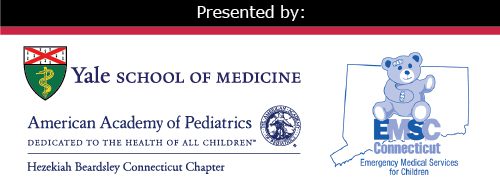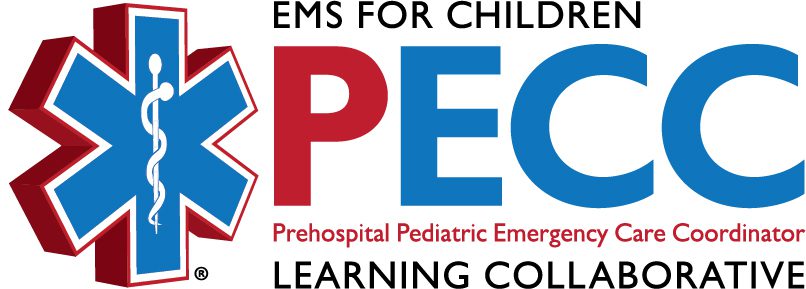Prehospital PECC (Pediatric Emergency Care Coordinator) Academy ECHO®
![ScreenShot2019-11-25at2_47_17PM[1] ScreenShot2019-11-25at2_47_17PM[1]](https://ct-aap.org/wp-content/uploads/2020/03/Screen20Shot202019-11-2520at202_47_1720PM1.png)
PECC ECHO® Series Recorded Sessions:
Shoulder Dystocia: A Primer for Successful Team Response - Scott Casper, MD and Cherly Raab, MSN, CNL, RNC-OB,CEFM
Recorded on Nov. 5, 2019
View Presentation
Shoulder Dystocia - Handout
Online Evaluation
Newborn Resuscitation and Stabilization and Recognizing Sentinel Injuries in Suspected Infant/Child Abuse - Angelica M. Garcia. MD and Gunjan Tiyyagura, MD
Recorded on Dec. 5, 2019
View Presentation
Online Evaluation
What’s the matter here? Sudden Unexpected Infant Deaths in Connecticut - Kirsten Bechtel, MD
Recorded on Jan. 9, 2020
View Presentation
Handout - What's the matter here?
Online Evaluation
Anatomy of the Call: Logistics, Dialogue and Tools for Success - Josh Korb
Recorded on Feb. 6, 2020
View Presentation
Online Evaluation
Download Presentation
Vehicle Equipment List
Recert Instructions
www.jblearning.com
Sepsis and Coronavirus - Victoria Barnes, RN, BSN, EMT and Michael Goldman, MD
Coronavirus: Latest updates and the new pediatric sepsis guidelines
YouTube Video: Pediatric First Response - Sepsis
You Tube Video: Donning PPE
You Tube Video: Doffing PPE
SARS-CoV-2 and COVID-19: What's known and how EMS providers can respond - Mark Cicero, MD
Recorded on April 2, 2020
EMS "SIM in a Box" Program - Marc Auerbach, MD, FAAP, MSc
Recorded on May 7, 2020
View Presentation
Handout
Online Evaluation



Project ECHO® links expert specialist teams at an academic hub with EMS providers in local communities. Our aim is to provide Pediatric Emergency Medicine education that is relevant to EMS providers in the community setting and provide a venue to both discuss cases that are challenging as well as create relationships among EMS providers in CT such that informal consultations can occur in the future.
![]()
